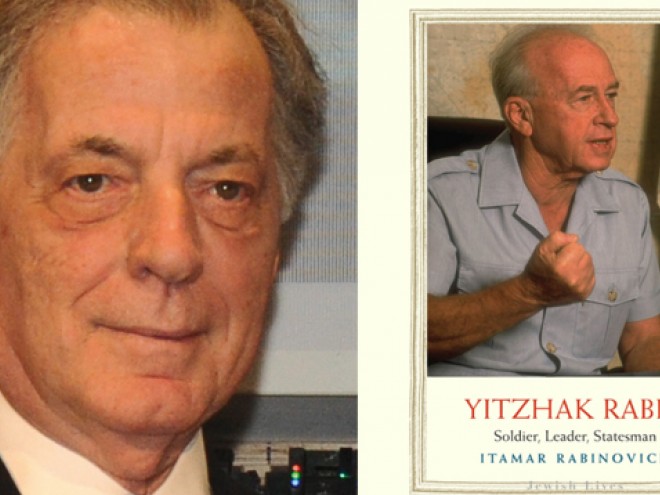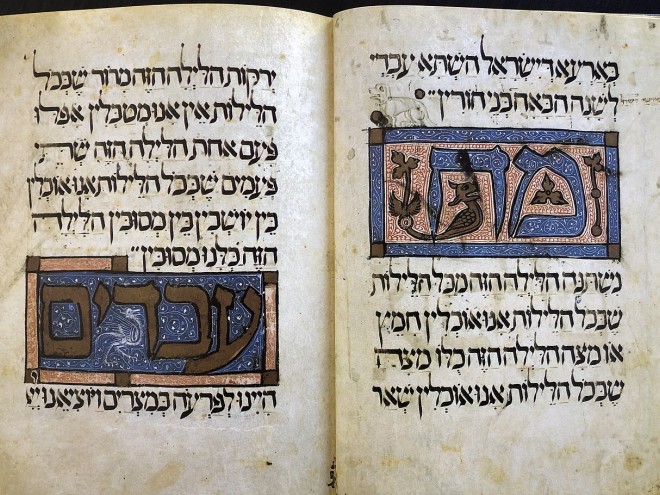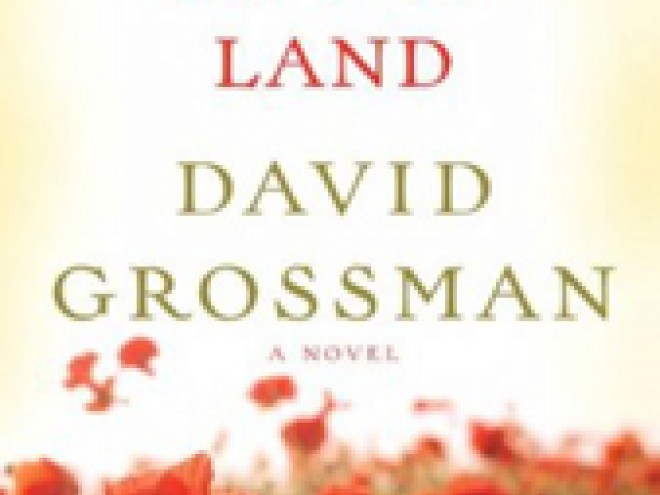with Maron L. Waxman
Amid its account of the legal battle to recover ownership — or at least the recognition of ownership — of the building at Krausenstrasse 17/18 in Berlin, Dina Gold’s Stolen Legacy is the story of her maternal grandparents’ wealthy and largely secular Jewish family, ousted from Germany and scattered to Israel and Great Britain.
Maron L. Waxman: You write that although your grandmother often said that when the Berlin Wall came down you would all be rich, it seemed like a fantasy to the family. Did anyone believe her?
Dina Gold: I believed her, but I was the only one in the family who did. My mother told me in no uncertain terms to ignore my grandmother’s tales because Nellie had always been a fantasist and she had, sadly, become mentally quite unstable in her later years. When I decided to look into whether or not the family really had owned the building, my mother strongly urged me not to waste my time and energy: as far as she was concerned, the past was the past and should remain that way and one should not look back. I disagreed.
 MLW: What made your grandfather decide to emigrate to Palestine?
MLW: What made your grandfather decide to emigrate to Palestine?
DG: To my mother it was always something of a mystery. She would say that after Hitler came to power, suddenly her father “found his Zionist heart.” He wanted to be with other Jews. Maybe he was affected by the way my mother was treated at her school, where she was the only Jewish child. Her classmates, mostly the daughters of German army officers, started to pick on her. On opening her desk, she would find a copy of Der Stürmer, the Nazi newspaper filled with vicious anti-Semitic cartoons, left there to taunt her; the little girls would put her on a chair and dance around her singing “wenn das Judenblut vom Messer spritzt, dann geht’s nochmal so gut” (“When Jewish blood spurts from the knife, then things are twice as good”). Shortly after the February 1933 Reichstag fire, the Gestapo raided Herbert’s house, looking for his Communist younger brother, Fritz. They finally caught him and incarcerated him in Spandau prison. Herbert saw the way things were going and left Germany. His wife and three children followed a few months later.
MLW: When you started looking into the case, you were an investigative journalist working for the BBC. Did that influence you to look into your grandmother’s story?
DG: Being a BBC journalist helped. I certainly wasn’t frightened at the prospect of taking on the German government. I had experience of investigative journalist techniques, knew how to conduct research, and was not easily put off. I tried to be as unemotional as possible because getting upset at what I discovered in the process was not going to help. The key point was that I knew from the start that I would have to prove the case, make it a legally watertight claim. Gathering all that evidence was a challenge and took several years to complete.
MLW: When you first visited Berlin, you had virtually no documents whatsoever. How did you even start your investigation?
DG: On my first trip to Berlin, in December 1990, all I had was a copy of a page from a 1920 business directory with an advertisement for H. Wolff, nothing more to link me to the property. I marched in and asked to speak to the most senior person on the premises, and when he arrived in reception, I announced, “I’ve come to claim my family’s building!” To say that he was surprised is an understatement. You could say it was pure chutzpah, and you’d be right. But bluff is often what investigative reporters have to do — and it proved useful. After phoning head office in Bonn, this man told me that his superiors had confessed to him that they knew the building had once been owned by Jews but they did not know if anyone had survived. After I told this man my story, he said something which greatly surprised me: “You must get this building back for your mother.” He was an East Berliner with a keen sense of history, and he was extremely interested in my family story. He confided in me that the people who worked there, forty five years after the end of the war, still referred to it as “the Wolff building” but claimed they didn’t know why.
MLW: How did you manage with all the German documents and lawyers?
DG: My mother and father both spoke German. It was their secret language when they didn’t want me and my brother to know what they were talking about. Of course, I picked up a little, but my mother could translate the documents for me and the lawyers acting for my mother were bilingual.
MLW: What effect has the book had?
DG: I’ve been part of the JBC Network for the past year and have been invited to speak at a number of venues. I’m often asked by people for advice on getting restitution for their long-lost family property. This is a very live issue, and so many families are still trying to get back their stolen property. I’m mindful that the Holocaust was an immense act of murder and nothing can compare with it. But it was also the largest theft in history, which hasn’t been resolved, by any means. I did my little bit, but there’s so much more still to be done.
 MLW: How has this experience affected you?
MLW: How has this experience affected you?
DG: I don’t regret for an instant doing it. I’m now fighting to have a plaque put on the front of the building at Krausenstrasse 17/18 to attest that it was stolen from Jews. Three years ago I was promised such a plaque, but to date nothing has happened. When I first sat down to write the book, I did it so that my three children would know their heritage — having it published was a bonus. I wish other families had been so successful in their petitions, but I hope that my example will give them the courage to pursue their cases as vigorously as I pursued my mother’s.
Maron L. Waxman is a retired editorial director of special projects at the American Museum of Natural History, was also an editorial director at HarperCollins and Book-of-the-Month Club. She also leads editorial workshops.
Related Content:
Maron L. Waxman, retired editorial director, special projects, at the American Museum of Natural History, was also an editorial director at HarperCollins and Book-of-the-Month Club.




